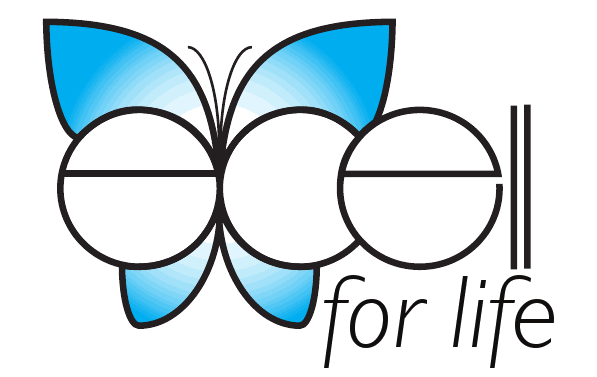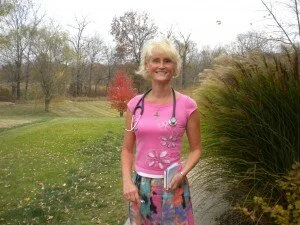CT Scan and Medical Ionizing Radiation Cancer Risks + Should You Have a Mammogram in Your 40’s?
CT Scan and Medical Ionizing Radiation Cancer Risks
The primary risk associated with ionizing radiation is cancer. CT scans pose one of the greatest risks because of their large radiation exposure and frequency of use. The most common cancers from radiation exposure are lung, colon, and blood (leukemia) cancers. Radiation exposure is measured in mSv’s. Below are the relative radiation level designations.
No risk (0 mSv) from ultrasounds, and MRI’s.
Minimal risk (less than 0.1 mSv) from chest X-rays, and hand/bone X-rays.
Low risk (0.1 – 1 mSv) from pelvis X-rays, and mammograms.
Medium risk (1 – 10 mSv) from abdominal CT’s without contrast, bone scans, and barium enemas/swallowing studies.
High risk (10 – 100 mSv) from abdominal CT’s with and without contrast, and whole body PET scans.
A recent study estimated 29,000 future cancers from CT’s performed in 2007, and half of those will be fatal. There is greater risk the younger you get the radiation exposure because of length of time left to develop and the risk in developing or growing tissue and bodies.
Be aware of your risks. Make certain to discuss with your physician possible alternative studies with less radiation exposure if he or she is going to order a CT scan for you. Discuss the need for and benefits from a CT scan with your symptoms and problems. Many physician are not aware of these risks because it is not routinely taught to then during their schooling.
I have had three abdominal CT scans in my 40’s because of acute abdominal pain, diverticulitis, and question of an abscess. I am certain to be aware of my increased cancer risk and discuss at my yearly physicals with my physician.
Should You have a mammogram in Your 40’s?
The U.S. Preventative Services Task Force recommends against routine screening mammograms in all women aged 40-49. The decision when to start annual screening mammograms should be an individual one, taking into the woman’s personal and family history, and her values regarding specific benefits and harms. All woman age 50 and above are recommended to have yearly screening mammograms.
This recommendation came out in 2010 from extensive study of mammogram and breast cancer data, and from the many false positive mammograms with resulting extra mammograms and biopsies in women in their 40’s. For women in their 40’s with NO screening mammograms, there are 3.5 deaths/1000 women in 10 years. For women in their 40’s WITH yearly screening mammograms, there are 3 deaths/1000 women in 10 years. The actual number of women needed to screen in their 40’s to extend one woman’s life is: 1,904.
Therefore, all women in their 40’s need to consider themselves an discuss with their doctor whether they should get screening mammograms. They must take into account their family history of breast cancer and their level of increased risk. Increased risk of breast cancer is associated with: dense breasts, longer history of menstrual periods (especially onset before age 12 or continuing beyond age 55), chest radiation (especially during adolescence), DES exposure as a fetus (DES was a common medicine used to treat nausea in pregnancy before 1960), no children or children after age 30, hormone replacement therapy, alcohol use of greater than 1 drink per day, being overweight especially after menopause, and lack of physical exercise.
I, Dr. Lisa, will be 50 on January 18th, and have had yearly mammograms in my 40’s because that was the recommendation at the time. If I were just 40 now (along with breastfeeding my 4th child at the time!), I would have yearly screening mammograms because my grandmother died of breast cancer in her late 40’s. If I did not have this cancer history and having none of the above increased risks, I would choose to have a screening mammogram about age 46 and 48, and then begin yearly mammograms at age 50.
I am very proud of you for continuing to learn and be aware!
My hugs and prayers, Dr. Lisa

